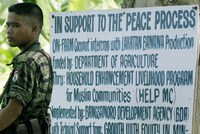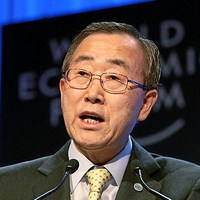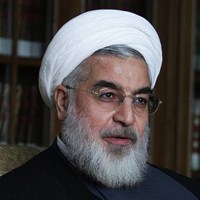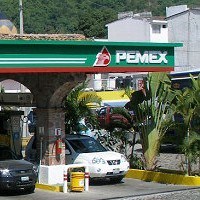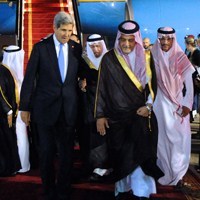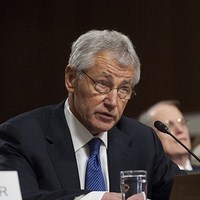
Conflict settlement is a process rather than a singular act. At its most basic, a peace process comprises three phases: the negotiation, implementation and operation of an agreement meant to enable the conflict parties to resolve their disputes by nonviolent, political means. Yet the successful conclusion of a peace process is by no means a foregone conclusion—they can, and do, fail. Sometimes negotiations break down and no agreements are concluded, leading conflict parties back to violence. In other cases, disagreements about the meaning of particular provisions arise after an agreement has been reached. In the absence of effective dispute resolution […]


